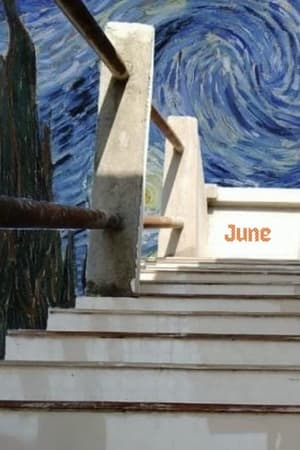
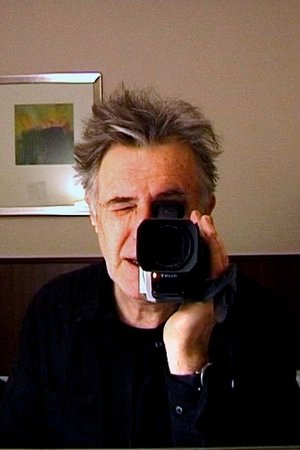
Hotel Diaries(2007)
Made over six years in the hotels of six different countries, Hotel Diaries charts the 'War on Terror' era of Bush and Blair through a seven-part series of video recordings that relate personal experiences to the ongoing conflicts in Afghanistan, Iraq and Israel/Palestine. In these works, which play upon chance and coincidence, hotel rooms are employed as 'found' film sets, where architecture, furnishing and decoration become the means by which the filmmaker’s small adventures are linked to major world events.
Movie: Hotel Diaries

Hotel Diaries
HomePage
Overview
Made over six years in the hotels of six different countries, Hotel Diaries charts the 'War on Terror' era of Bush and Blair through a seven-part series of video recordings that relate personal experiences to the ongoing conflicts in Afghanistan, Iraq and Israel/Palestine. In these works, which play upon chance and coincidence, hotel rooms are employed as 'found' film sets, where architecture, furnishing and decoration become the means by which the filmmaker’s small adventures are linked to major world events.
Release Date
2007-10-20
Average
0
Rating:
0.0 startsTagline
Genres
Languages:
Keywords
Similar Movies
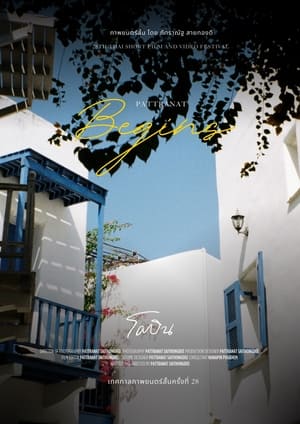 0.0
0.0Begins (โผบิน)(th)
The untold state of mind dealing with an incurable disease. One is wondering if there's still a dream to achieve in life. One is running as if this free spirit of mine has never been taken away.
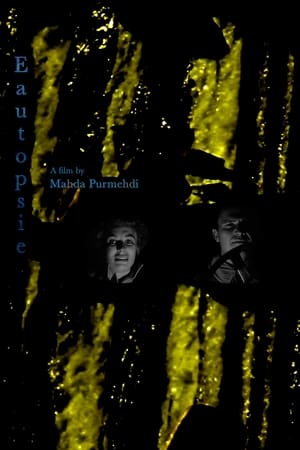 0.0
0.0Eautopsie(en)
An enigmatic glimpse of life through precarious vignettes, propelling a narrative through a nebulous and opaque structure that sutures the filmmaker's home movie footage to archival material—from Hollywood narrative films to political selfie videos. A handmade impression of a time suspended between past and present and the ghosts and places occupying it, contemplating the nature and meaning of vision, memory and image making.
 2.0
2.0Become Successful and be the Master of the World(en)
Filmed mostly on a Mini DV camera Gavin has thought of a quick way to become successful and be the master of the world but he has to wait for it all to fall into place… he has to wait for the postman to start production documenting the process of being master of the world.
 8.0
8.0Es Para Un Videodiario(es)
Mike is a young student of cinema, who receive the task to make a Videodiary for his fiction production class in the fifth semester of his career; with only a cellphone in hand begins to document his life day after day, without imagining that he will capture important and emotional moments that will remember forever.
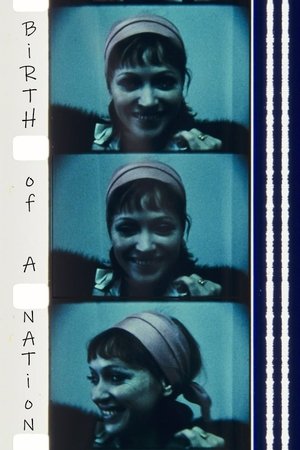 6.3
6.3Birth of a Nation(en)
Filmmaker Jonas Mekas films 160 underground film people over four decades.
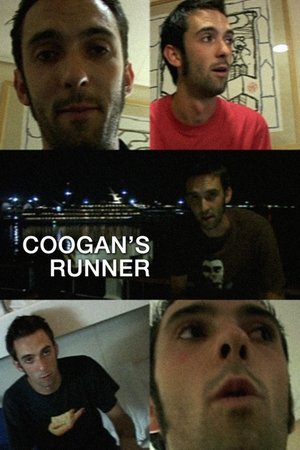 0.0
0.0Coogan's Runner(en)
Video diary from behind the scenes of 2002's "Cruise of the Gods."
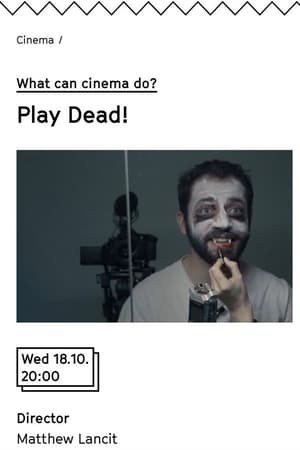 10.0
10.0Play Dead!(fr)
If there is one person Matthew Lancit can’t get out of his mind, it is his uncle Harvey. Dark rings around his eyes, pale, blind, his legs amputated. Like Harvey, the filmmaker also suffers from diabetes. He has the disease under control, but one question is always nagging at him: How much longer? His long-term (self-)observation reliably revolves around fears of infirmity and mutilation. He translates the feared body horror into film, stages himself as a zombie, vampire, a desolate figure. Lancit playfully anticipates his potential decline, serving up a whole arsenal of effects which – as video recordings prove – go back to his youth. It is not for nothing that the “dead” in the title is also reminiscent of “dad.” Because “Play Dead!” also negotiates his own role as a father.
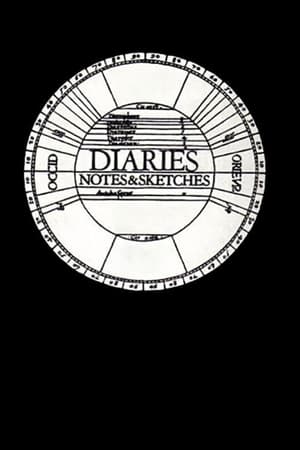 7.5
7.5Diaries, Notes, and Sketches(en)
An epic portrait of the New York avant-garde art scene of the 60s.
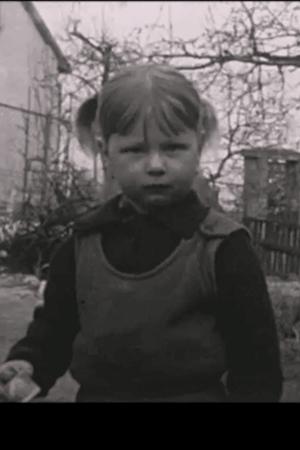 0.0
0.0this evening out of boredom washed my hands three times in succession in the bathroom(en)
Reminiscences of a trip to Čáslav
My Son's Wedding to My Sister-in-Law(en)
A short documentary by Jim McBride.
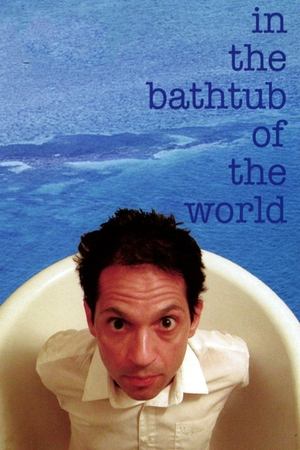 5.5
5.5In the Bathtub of the World(en)
On January 1st, 1999, Caveh Zahedi started a one-year video diary. The idea was to shoot one minute each day. This is the result.
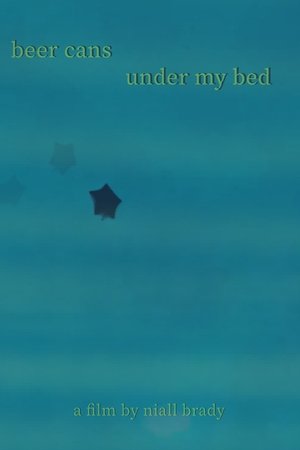 0.0
0.0beer cans under my bed(en)
This short, started early on into sobriety, finished about nine months in, is a collage of diaries and notes, collected from within addiction and into recovery.
As You Are(en)
A glimpse into a visual representation of memory; A Christmas-time series of meals, coffees, and movies, with friends, lovers, and housemates. Faced with the compounding of faces and places, each moment begins to collide with one another: voices are muddled, and faces are broken. How is memory created? How are they separated from one another?
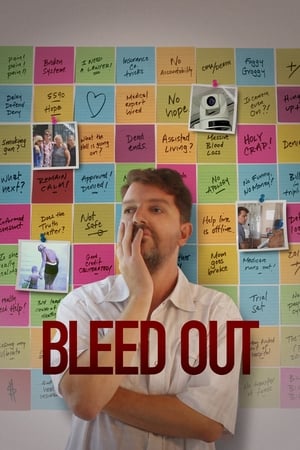 7.7
7.7Bleed Out(en)
After a routine partial hip replacement operation leaves his mother in a coma with permanent brain damage, what starts as a son's video diary becomes a citizen's investigation into the future of American health care.
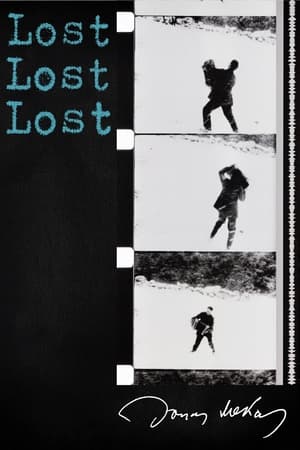 7.0
7.0Lost, Lost, Lost(en)
Jonas Mekas adjusts to a life in exile in New York in his autobiographical film, shot between 1949 and 1963.
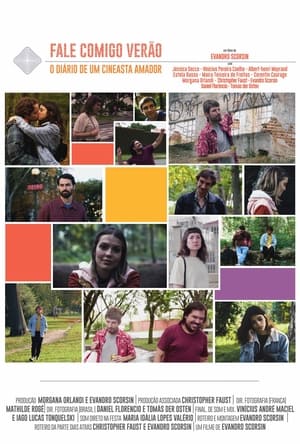 7.0
7.0Fale Comigo Verão: O diário de um cineasta amador(pt)
For years, together with his partners from the production company O Quadro, he has been betting on cinema as a tool to explore the typical issues of youth. In this film, Evandro Scorsin turns the cameras on himself as he deals with the dilemmas of the passing of time and the imposition of adulthood. In an exercise in autofiction where cinema and life merge, the film is also a cinematic love letter to the beloved masters (especially Nicholas Ray). Coming and going between two countries and times, it records the vertigo of displacement and the reinventions inherent to an immigrant experience.
Mathilde(fr)
An old man comes across a fascinating archive, then meets a woman who introduces him to the life of a banker, patron and philanthropist. A moving essay that is part documentary, part film diary.
 0.0
0.0Layering(en)
This short experimental diary film reveals my struggles with mental illness in my adolescence and queer adulthood while simultaneously reflecting upon my joyous childhood experiences. I investigate when and how my depression began and explain that my relationships with the people I love have supported me through my harder times. The film incorporates footage shot over May and June 2023 and archival home videos. Overall, I aim to resolve my "growing pains" through the medium of diary film and by reconnecting with my younger self.
 0.0
0.0Shotgun Baby(en)
A personal documentary questioning the ways in which family imposed narratives force us into roles that we spend our lives either rebelling against or conforming to.
